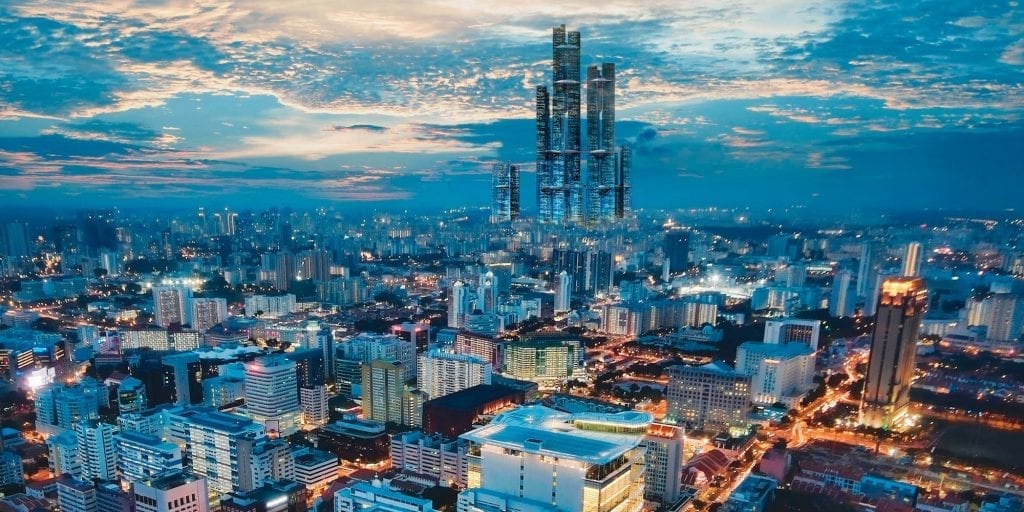

“The weak external economy did not help. It continued to weigh down on the creation of new businesses here resulting in limited new demand,” Chua said. “Tenants are very price sensitive and in today’s tenant favourable market, landlords maintained a competitive strategy.”
Another REIT, Suntec REIT, which owns both Singapore office and retail property, was also showing signs of pressure on yields in its latest results.
“With the expected oversupply of the Singapore office market upon the completion of several new offices, Suntec
REIT’s properties may face stiffer competition for its tenants as well as downward pressure on rents,” analysts at DBS said in a note on Thursday, noting Suntec REIT owns three office assets in the CBD.
Retail Battle
Suntec was also feeling the pressure on the city-state’s retail malls.
“With Singapore consumers cutting back on discretionary spending and compared to the initial rents signed at Suntec Mall during more buoyant times, rents at Suntec Mall will likely continue to be under pressure,” DBS said, noting the rents were underperforming the manager’s initial target.
Other analysts were also pointing to pressure on demand for retail space.
“Amid stiffening competition from online retailing and regional markets, on top of operational challenges such as labour crunch, retailers are expected to continue with their strategy of consolidating and maintaining only profitable outlets,” Tay Huey Ying, head of research for Singapore at JLL, said in a note Thursday. “Expansion by retailers will likely remain confined to tried-and-tested established brand names while entrances of luxury goods, fashion and accessories are likely to remain limited.”
She also noted that another 169,000 square meters of retail space was expected this year, with another 229,000 next year, which was likely to spur greater competition for tenants.
There were other signs that yields from retail rents might face continued pressure.
Aviva’s Coenraads noted he was closely watching the bidding for suburban mall Jurong Point, with the sellers reportedly seeking more than 2 billion Singapore dollars. The Business Times reported earlier this month that two of the three shortlisted bidders have separately offered around S$2.2 billion, which the report estimated would drive the net yield under 4 percent.
Residential Cooling
While it may get the lion’s share of the ink, Singapore’s residential sector is actually not nearly as large as its commercial property sector.
Coenraads noted that the introduction of cooling measures, which he called a “very smart move,” had dampened residential demand. But he didn’t expect a turnaround soon.
“The question is, at what sort of stage will they start letting go of some of the regulation, and I think basically, we need to see further decreases in prices,” he said. “I think it’s not reflecting yet where the government wants to see prices at this stage.”